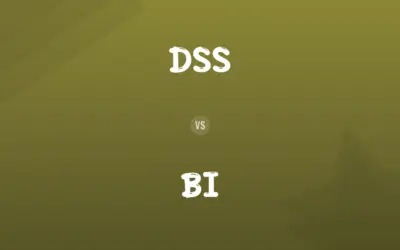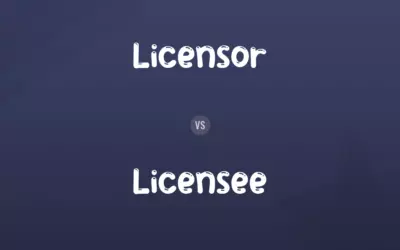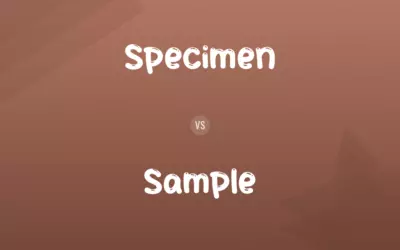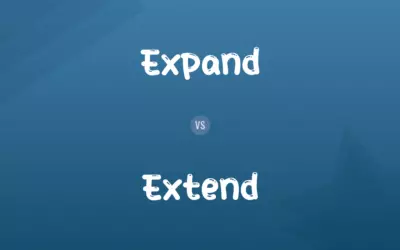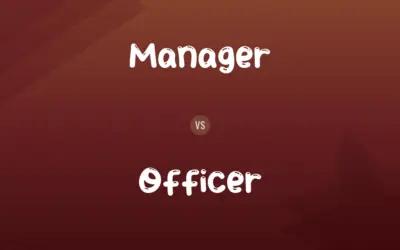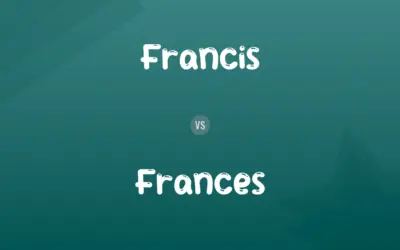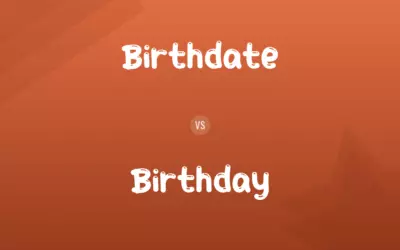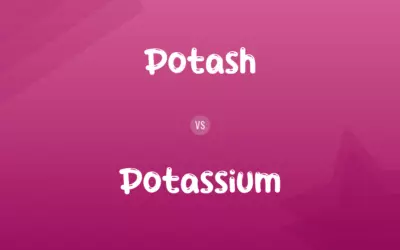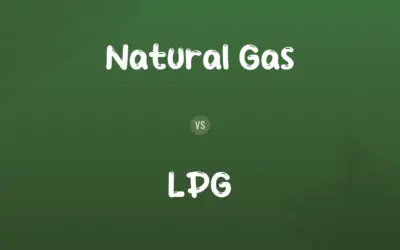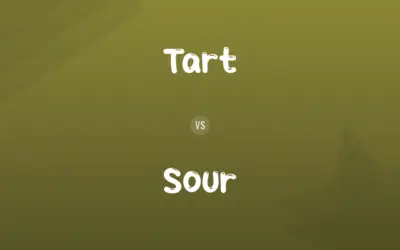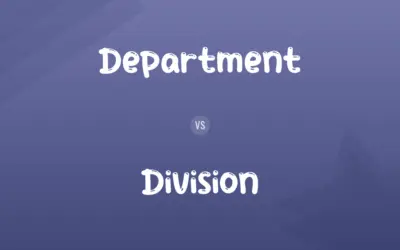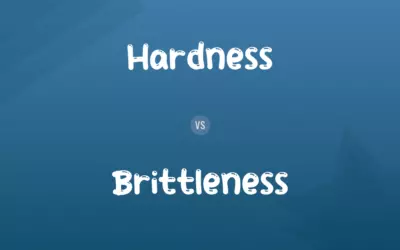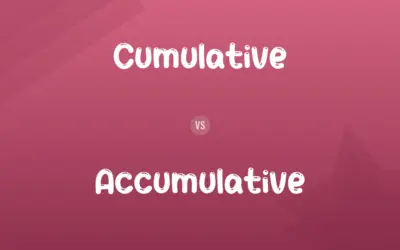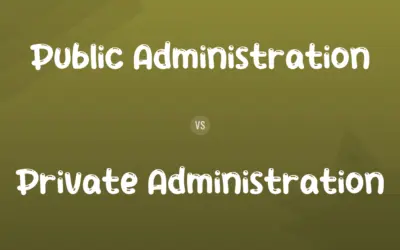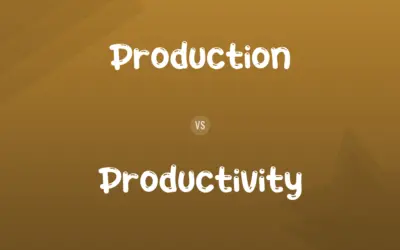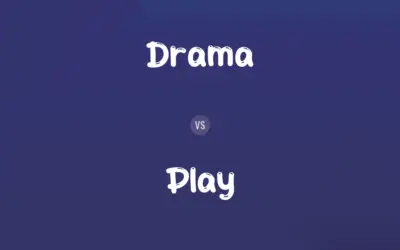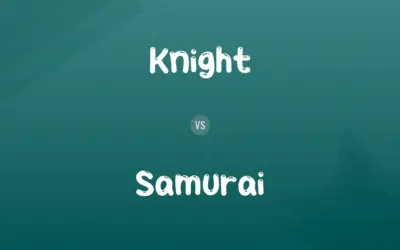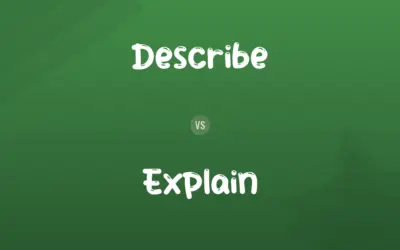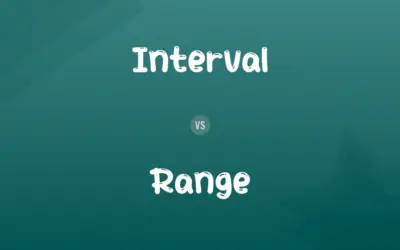Classical Tragedy vs. Modern Tragedy: Difference and Comparison
By Muazma Batool & Muneeza Rehman — Published on May 6, 2024
Classical tragedy focuses on the inevitability of fate and noble characters, while modern tragedy often depicts ordinary people in suffering due to personal flaws or societal issues.
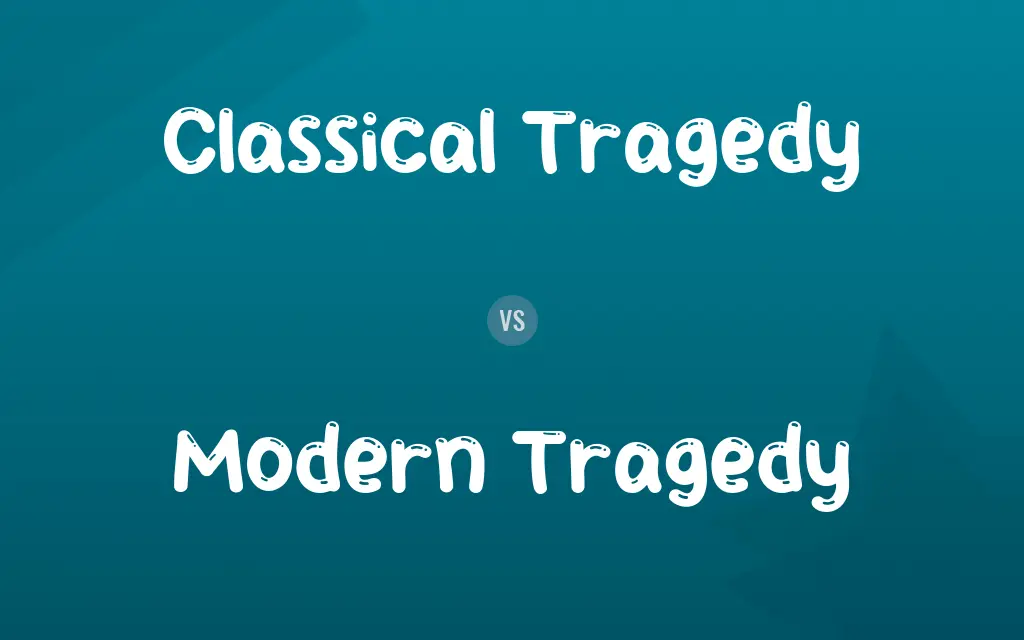
Difference Between Classical Tragedy and Modern Tragedy
Classical tragedies often revolve around noble characters who face downfall due to fate or divine will. Characters are typically of high social standing, like kings or heroes, emphasizing the dramatic fall from grace. Conversely, modern tragedies frequently center on common individuals, highlighting personal flaws or societal factors that lead to their demise. This shift reflects a broader thematic exploration of tragedy within everyday contexts.
Muazma Batool
May 06, 2024
In classical tragedy, the protagonist's fate is sealed by destiny or the gods, illustrating the ancient belief in an unchangeable divine order. These stories convey a sense of inevitability, where the tragic end is preordained, often communicated through oracles or prophecies. On the other hand, modern tragedy often shows characters as architects of their own doom through their choices or weaknesses, suggesting a more secular, psychological interpretation of tragedy.
Muazma Batool
May 06, 2024
The structure of classical tragedies is typically rigid, adhering to formal rules of composition, such as the unities of time, place, and action, and often incorporating choruses that comment on the action. Modern tragedies, however, tend to be more flexible in structure, employing various narrative techniques and settings that defy classical conventions, allowing for a more direct engagement with contemporary audiences.
Muazma Batool
May 06, 2024
Classical tragedies use elevated, formal language to deliver their powerful moral lessons and dramatic depth. This language often includes poetic meters and a grandiose style that enhances the characters' nobility and the story's gravitas. In contrast, the language of modern tragedies is usually more accessible and reflects everyday speech, making the characters' experiences more relatable to a contemporary audience.
Lucas
May 06, 2024
Themes in classical tragedy are predominantly focused on hubris, the moral shortcomings of man, and the consequences of defying the gods. These themes highlight the ethical and philosophical concerns of ancient societies. Modern tragedy, while it may also explore themes of human flaw and fate, often delves into societal critique, existential angst, and the human condition in a godless, indifferent universe.
Muazma Batool
May 06, 2024
Classical Tragedy vs. Modern Tragedy Comparison Chart
Structural Rules
Strict (unities of time, place, action)
Flexible, varied narrative forms
Muazma Batool
May 06, 2024
Thematic Focus
Hubris, moral lessons, divine order
Human flaws, existential questions, critique
William
May 06, 2024
Classical Tragedy vs. Modern Tragedy Definitions
◉Classical Tragedy
Utilizes elevated, poetic language to enhance gravitas.
The Trojan Women uses grandiose speeches to depict suffering.
Muazma Batool
Apr 29, 2024
◉Modern Tragedy
Often rejects classical structural confines.
A Streetcar Named Desire uses fluid scene changes and flashbacks.
Muazma Batool
Apr 29, 2024
◉Classical Tragedy
Employs a chorus that reflects on the action.
The chorus in Medea comments on the morality of her actions.
Muazma Batool
Apr 29, 2024
◉Modern Tragedy
Reflects existential themes and modern dilemmas.
No Exit portrays existential angst in a stark, symbolic setting.
Muazma Batool
Apr 29, 2024
◉Classical Tragedy
A drama where noble characters meet downfall due to fate.
Oedipus unknowingly fulfills a tragic prophecy.
Muazma Batool
Apr 29, 2024
◉Modern Tragedy
Centers on the downfall of ordinary individuals.
Willy Loman in Death of a Salesman struggles with personal failure.
Muazma Batool
Apr 29, 2024
◉Classical Tragedy
Defined by adherence to the unities of time, place, and action.
Antigone unfolds within a single day.
Muazma Batool
Apr 29, 2024
◉Modern Tragedy
Language mirrors everyday conversation.
The dialogue in Long Day's Journey Into Night captures real-life despair.
Muazma Batool
Apr 29, 2024
◉Classical Tragedy
Focuses on themes of hubris and divine retribution.
In Agamemnon, pride leads to the king's murder.
Henry
Apr 29, 2024
◉Modern Tragedy
Explores psychological depth and societal issues.
Fences tackles race relations and personal dreams in America.
Muazma Batool
Apr 29, 2024
Classical Tragedy vs. Modern Tragedy Frequently Asked Questions
What are the unities in classical tragedy?
The unities are rules that confine the action to one place, within one day, and maintain a single plot.
Muazma Batool
May 06, 2024
Why is language important in distinguishing classical from modern tragedy?
Classical tragedy uses elevated language to echo its grand themes, whereas modern tragedy often employs colloquial speech to enhance relatability.
Muazma Batool
May 06, 2024
What defines a classical tragedy?
Classical tragedy involves high-born characters doomed by fate, emphasizing themes of hubris and divine order.
Muazma Batool
May 06, 2024
How do themes of divine retribution appear in classical vs. modern tragedies?
Divine retribution is central in classical tragedies but less emphasized in modern tragedies, where focus may shift to existential or societal critiques.
William
May 06, 2024
Can modern tragedies involve elements of the supernatural?
While less common, modern tragedies can incorporate supernatural elements, but these usually serve psychological or symbolic roles.
Muazma Batool
May 06, 2024
How does modern tragedy differ in character focus?
Modern tragedy typically features everyday individuals facing consequences driven by personal or societal flaws.
Muazma Batool
May 06, 2024
Can modern tragedy still be tragic without noble characters?
Yes, modern tragedy often finds depth and poignancy in the tragedies of ordinary lives.
Lucas
May 06, 2024
What role does the chorus play in classical tragedies?
The chorus in classical tragedies comments on the action, provides background, and reflects the moral framework of the society.
Muazma Batool
May 06, 2024
What is an example of a modern tragedy that uses informal language?
"Death of a Salesman" by Arthur Miller uses everyday language to depict the tragic life of its protagonist.
Leo
May 06, 2024
What makes a tragedy "modern" in terms of themes and characters?
Modern tragedies often focus on contemporary issues, psychological depth, and the complexities of everyday characters and their environments.
Muazma Batool
May 06, 2024
How does the role of fate differ between classical and modern tragedy?
In classical tragedy, fate is often an unchangeable force imposed by gods, while in modern tragedy, fate may be seen as a consequence of human actions.
Lucas
May 06, 2024
Are modern tragedies bound by the classical unities?
No, modern tragedies frequently break these unities to explore more complex narratives and settings.
Muazma Batool
May 06, 2024
How do classical tragedies handle moral lessons?
Moral lessons in classical tragedies are often explicit, conveyed through the fate and speeches of the characters.
Kaitlyn
May 06, 2024
How does the audience's role differ in classical vs. modern tragedies?
Classical tragedies aimed to evoke catharsis and moral contemplation, while modern tragedies might focus more on personal connection and reflection.
Muazma Batool
May 06, 2024
What is the significance of setting in modern tragedies?
Modern tragedies use setting not just as a backdrop but as an integral part of the story that reflects and affects the characters' lives.
Muazma Batool
May 06, 2024
Content Creators
Written by
Muazma BatoolAs a content editor, Muazma Batool is not just a grammar guru but a creative mastermind who breathes life into every word. With an eagle eye for detail and a passion for storytelling, she transforms bland text into engaging content that captivates audiences and drives results.
Co-written by
Muneeza RehmanAt Comparisons.wiki, Muneeza skillfully navigates the vast sea of information, ensuring clarity and accuracy as the lead content editor. With a keen eye for detail, she curates every comparison to enlighten and engage readers.

